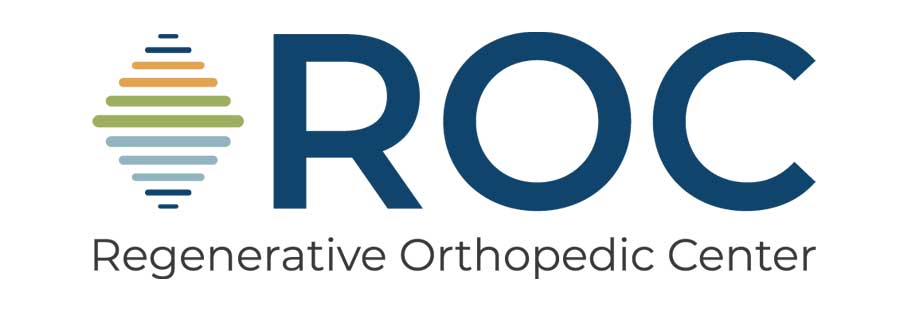What is Avascular Necrosis?
Avascular Necrosis (AVN), also known as osteonecrosis, occurs when there is a loss of blood supply to a bone. Without adequate blood flow, the bone tissue dies, leading to the collapse of the bone structure over time. AVN can affect any bone but most commonly occurs in the hip, shoulder, knee, and ankles. The condition can develop gradually, causing significant pain and mobility issues if left untreated.
Causes of Avascular Necrosis
AVN can be triggered by various factors, but the primary cause is the loss of blood supply to the bone. Some common causes include:
- Trauma or injury: A fracture or dislocation can damage blood vessels that supply the bone, leading to AVN.
- Steroid use: Long-term or high-dose corticosteroid use has been linked to the development of AVN.
- Alcohol consumption: Excessive alcohol intake can impair blood flow to bones, contributing to AVN.
- Medical conditions: Diseases such as lupus, sickle cell anemia, and blood clotting disorders can increase the risk of AVN.
- Radiation and chemotherapy: Cancer treatments that damage bone tissue may lead to AVN.
In some cases, AVN occurs without any identifiable risk factors, making early diagnosis crucial to prevent further bone damage.
Symptoms of Avascular Necrosis
Common symptoms of AVN include:
- Pain in the affected joint: Pain may begin as mild and intermittent but gradually worsens, becoming constant.
- Limited range of motion: As AVN progresses, the affected joint may become stiff and harder to move.
- Pain while putting weight on the joint: Weight-bearing activities such as walking or climbing stairs may exacerbate the pain.
- Pain at rest: In advanced stages, the pain may persist even when the joint is at rest or during sleep.
The symptoms vary based on the location of the AVN, with the hip being one of the most commonly affected areas.
Treatment Options for Avascular Necrosis
The treatment for AVN depends on the stage of the disease and the extent of bone damage. Early intervention is key to preventing further bone collapse.
Non-Surgical Treatments
For cases detected early, non-surgical treatments may be effective in slowing the progression of AVN and relieving pain:
- Medications: Nonsteroidal anti-inflammatory drugs (NSAIDs) can help manage pain and inflammation. In some cases, blood thinners or cholesterol-lowering medications may be prescribed.
- Sports Medicine: The goal of sports medicine is to use a minimally invasive approach so that athletes can get back to their activities quickly.
- Activity modification: Limiting weight-bearing activities may help slow the progression of bone damage.
- Electrical stimulation: This treatment can promote bone growth and increase blood supply to the affected area.
Surgical Treatments
If AVN progresses and the bone begins to collapse, surgical intervention may be necessary:
- Core decompression: This procedure involves removing a small portion of the inner bone to relieve pressure and create space for new blood vessels to grow, improving blood flow.
- Bone grafting: In this procedure, healthy bone tissue is transplanted to the affected area to support the joint and encourage bone regeneration.
- Osteotomy: This surgery reshapes the bone to reduce stress on the affected joint.
- Joint replacement: In severe cases where the bone has significantly deteriorated, a total joint replacement may be necessary to restore function and relieve pain.
How ROC Can Help with Avascular Necrosis
At ROC, we specialize in the diagnosis and treatment of avascular necrosis. Our experienced team uses the latest advancements in orthopedic care to offer comprehensive solutions tailored to each patient’s needs. Whether you’re in the early stages of AVN and seeking non-surgical options, or require surgical intervention such as core decompression or joint replacement, we are here to guide you every step of the way.
We understand the impact AVN can have on your mobility and quality of life, and our specialists work closely with you to develop a personalized treatment plan. If you’re experiencing joint pain or other symptoms of AVN, contact us today to schedule a consultation and learn more about how we can help you manage and treat avascular necrosis.
